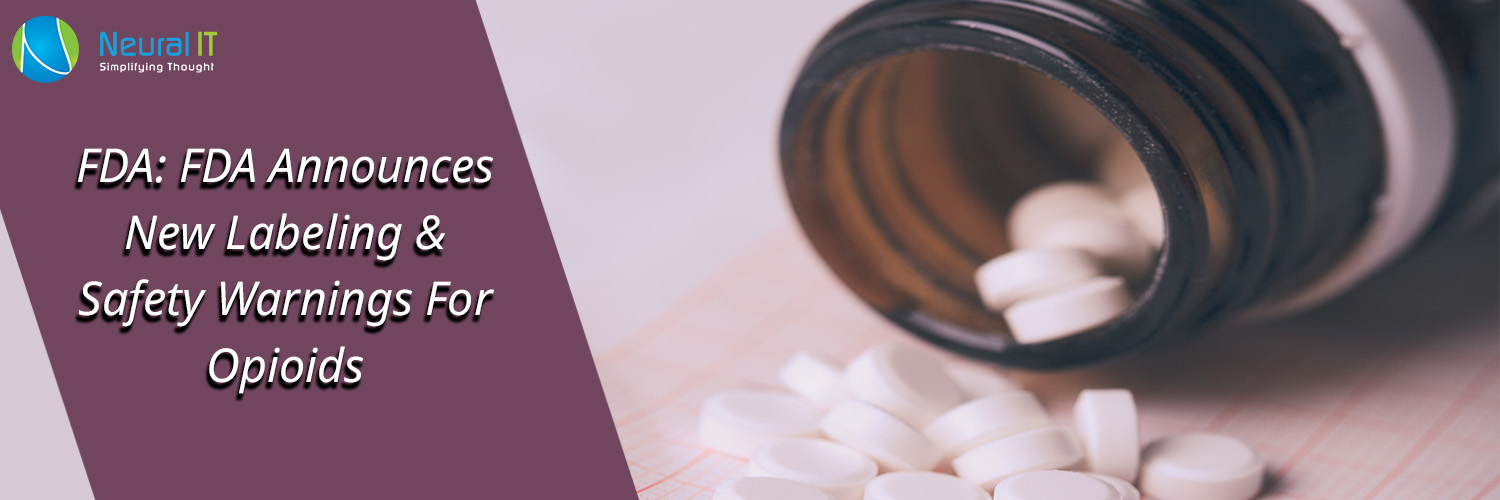FDA Announces New Labeling & Safety Warnings For Opioids
FDA Announces New Labeling & Safety Warnings For Opioids

Introduction
In response to complaints that patients' sensitivity to pain or level of discomfort increased when using immediate-release (IR) and extended-release/long-acting (ER/LA) opioids, the US Food and Drug Administration (FDA) published additional labeling changes and safety warnings.
According to the studies, a new warning for opioid-induced hyperalgesia (OIH), which occurs when an opioid given for pain results in either an increase in pain (hyperalgesia) or an increase in sensitivity to pain (allodynia), was required.
According to the FDA, extended-release/long-acting (ER/LA) opioid pain medications should only be used by those who are experiencing severe and ongoing pain.
OIH can happen at any dosage, according to the FDA, although it can happen more frequently with greater dosages and longer-term usage. Due to the difficulty in diagnosing this illness, doses may be increased, worsening symptoms and raising the risk of respiratory depression.
These labeling revisions are the result of our extensive work to review the labeling of opioid analgesics and make changes that will support the safer use of these medications as well as shared decision-making between healthcare professionals and patients regarding balanced pain management, according to the director of FDA's Centre for Drug Evaluation and Research (CDER).
The new labeling will appear in the "boxed warning" section of all IR and ER/LA opioid pain medications and will emphasize the significance of warnings about life-threatening respiratory depression and the dangers of combining opioid painkillers with benzodiazepines or other CNS depressants.
Manufacturers are required to note on the labeling that all opioid painkillers carry an increased risk of overdose with increasing dosage and that IR opioids shouldn't be used for an extended period of time unless a patient's pain is still severe enough to call for them and other treatment options are still ineffective.




